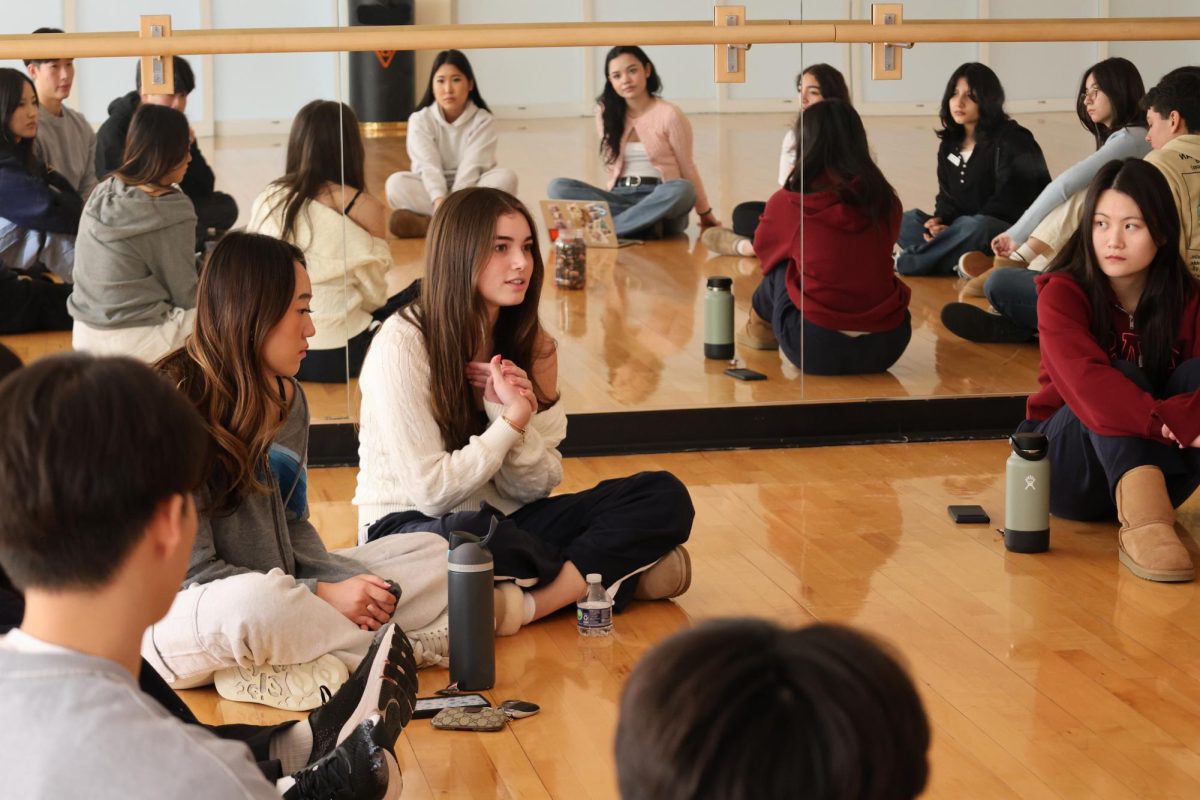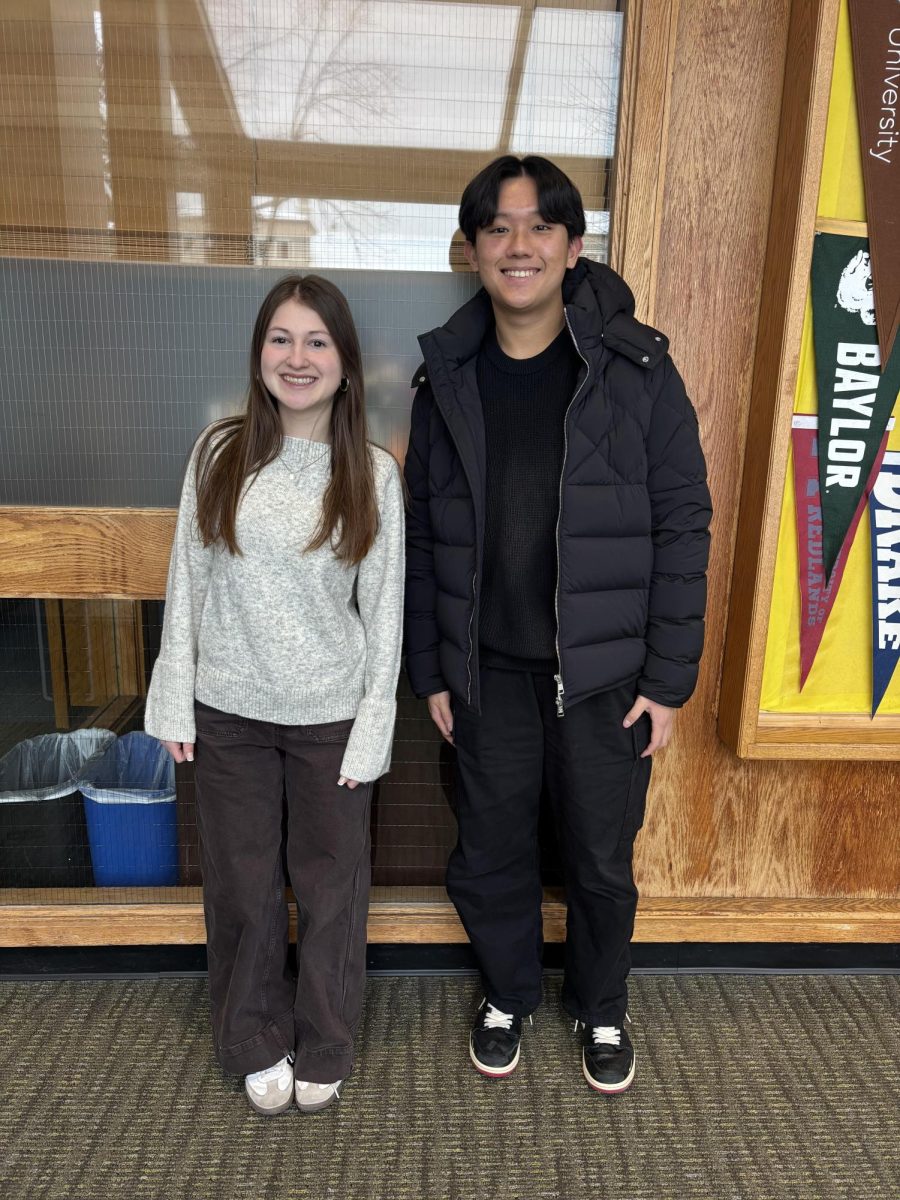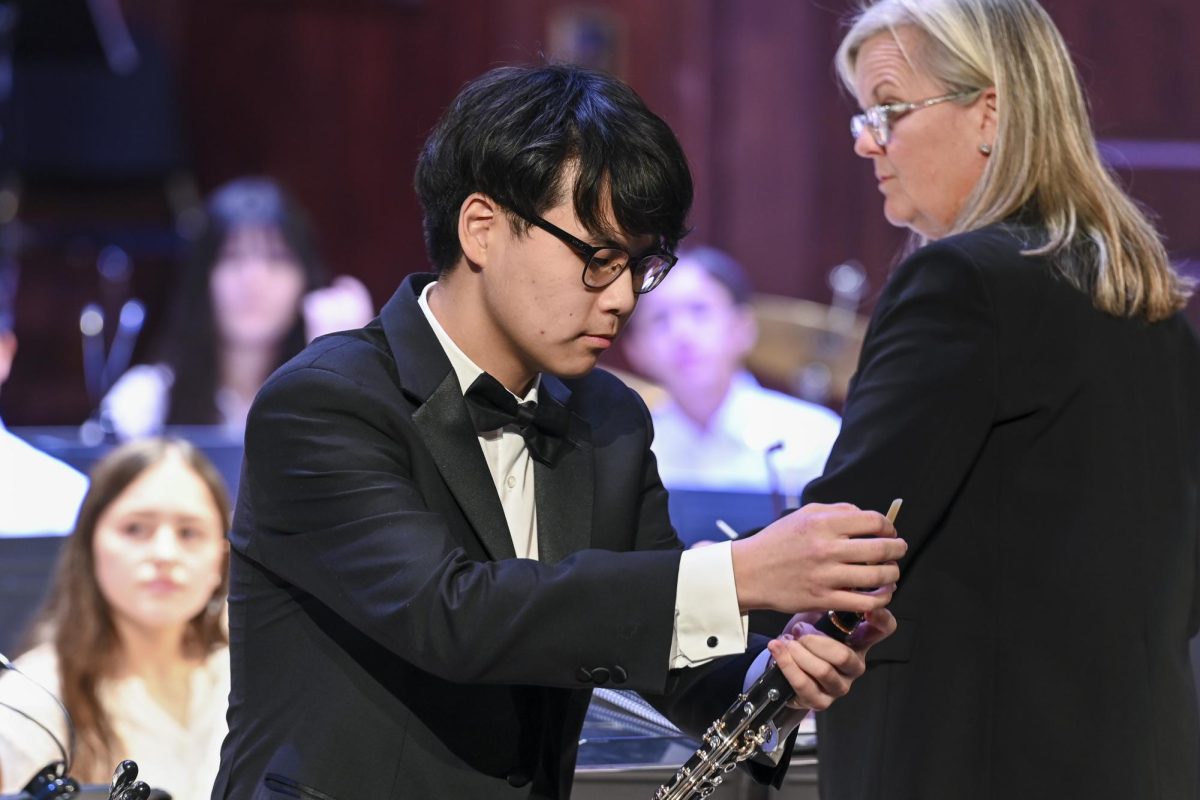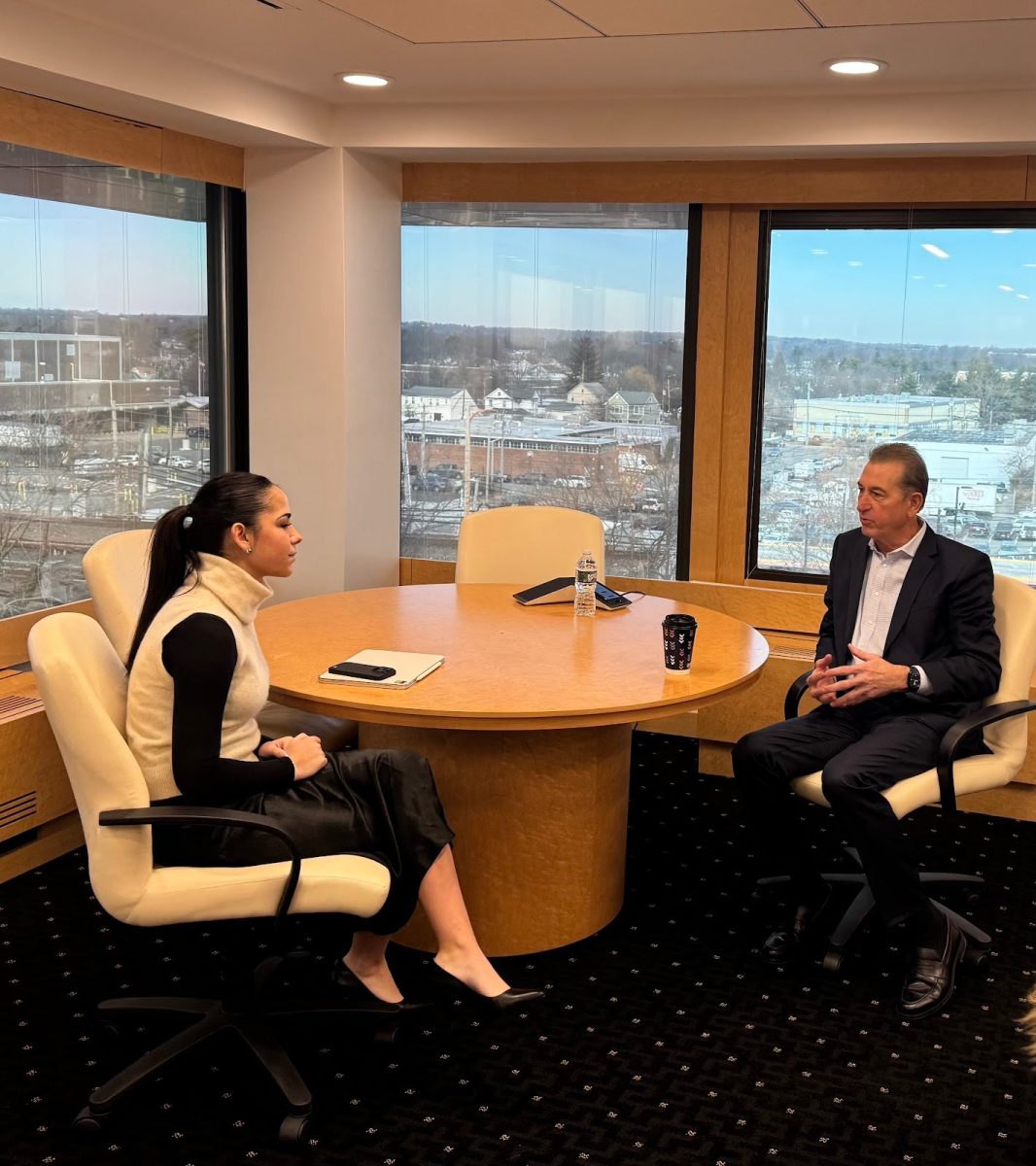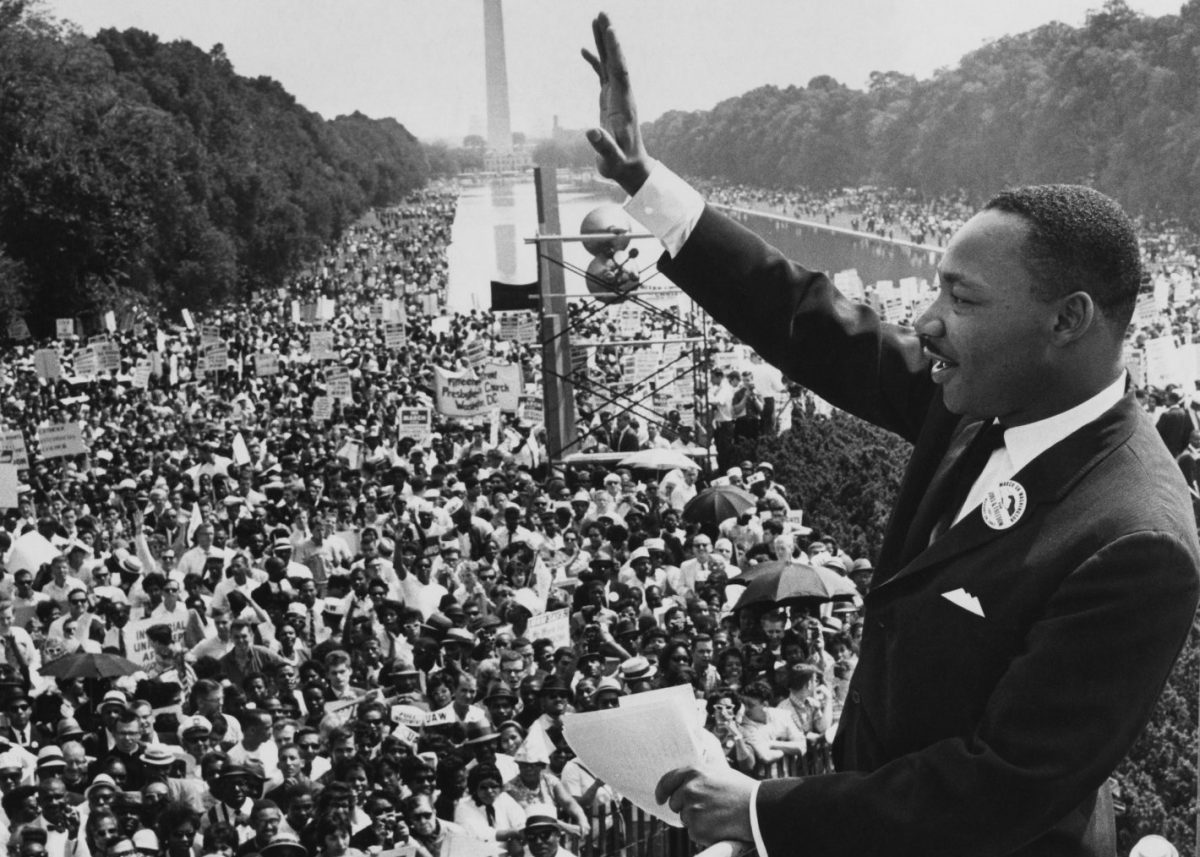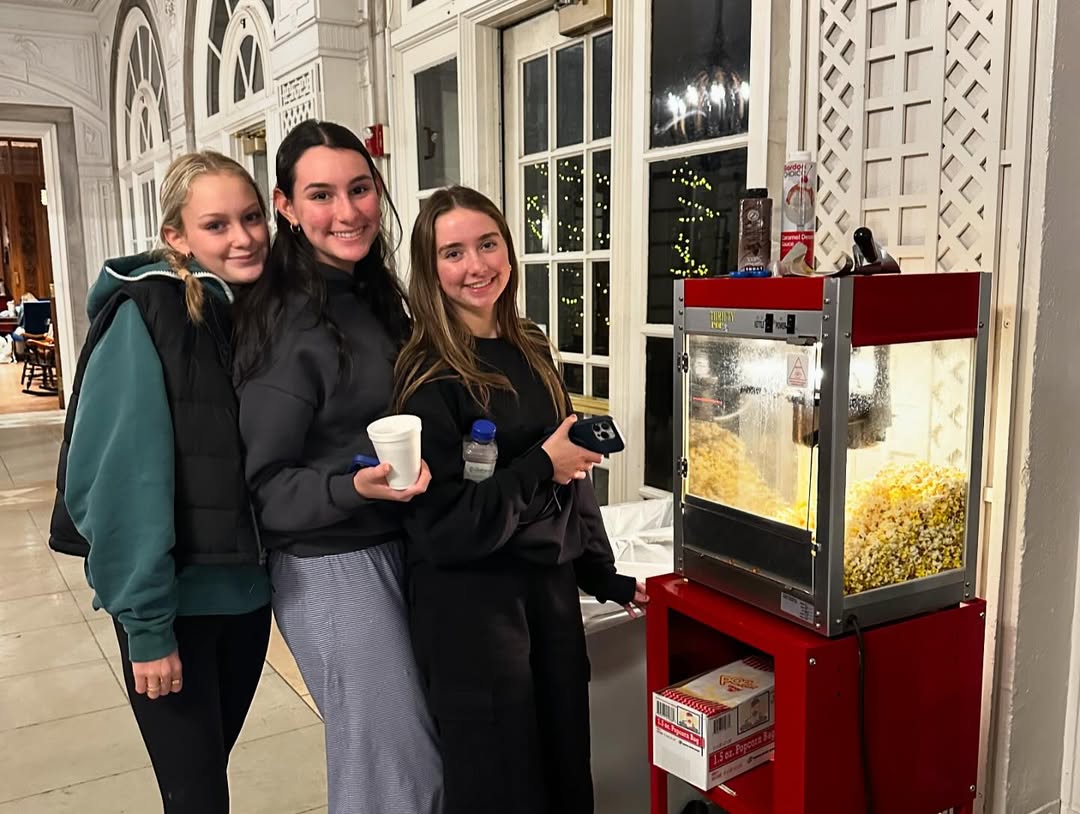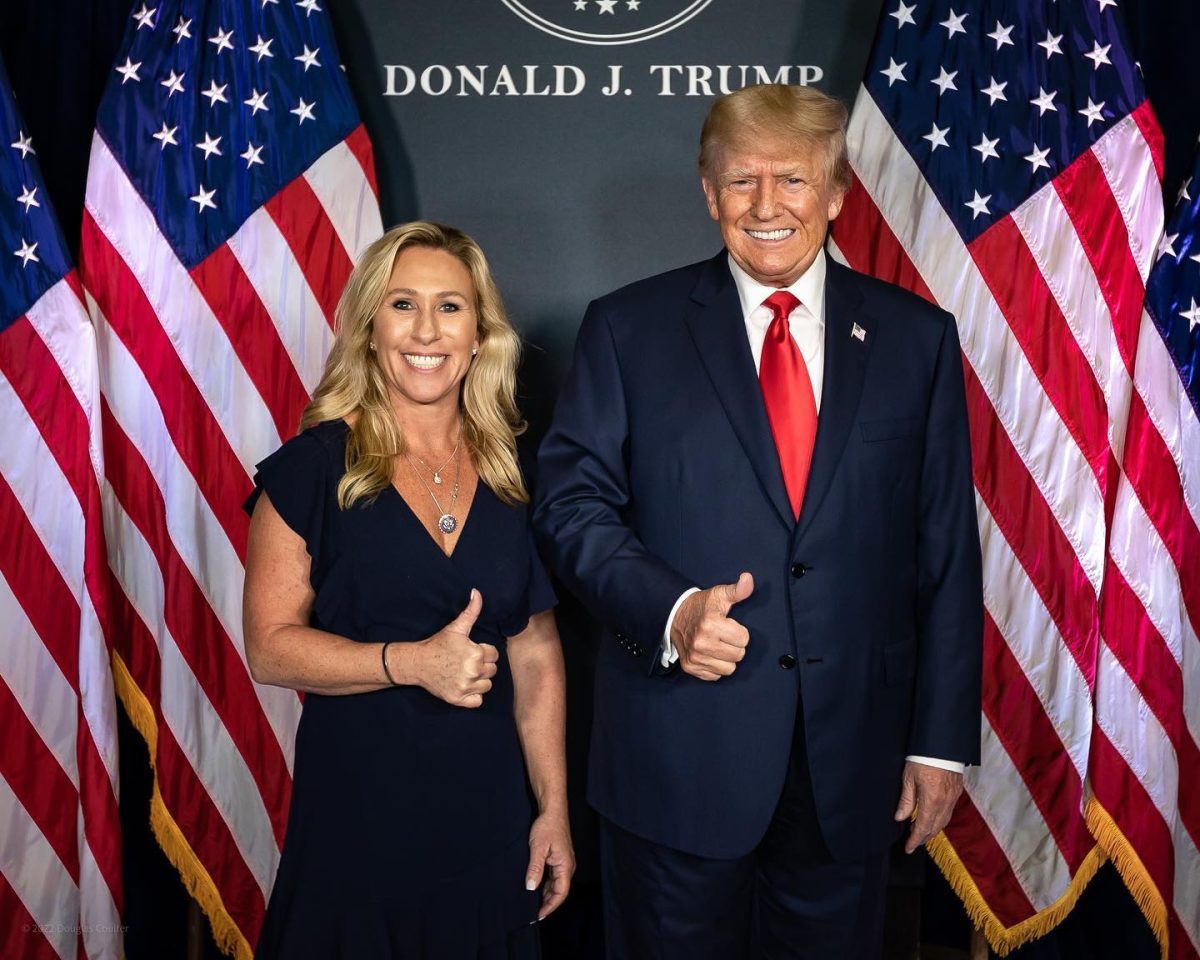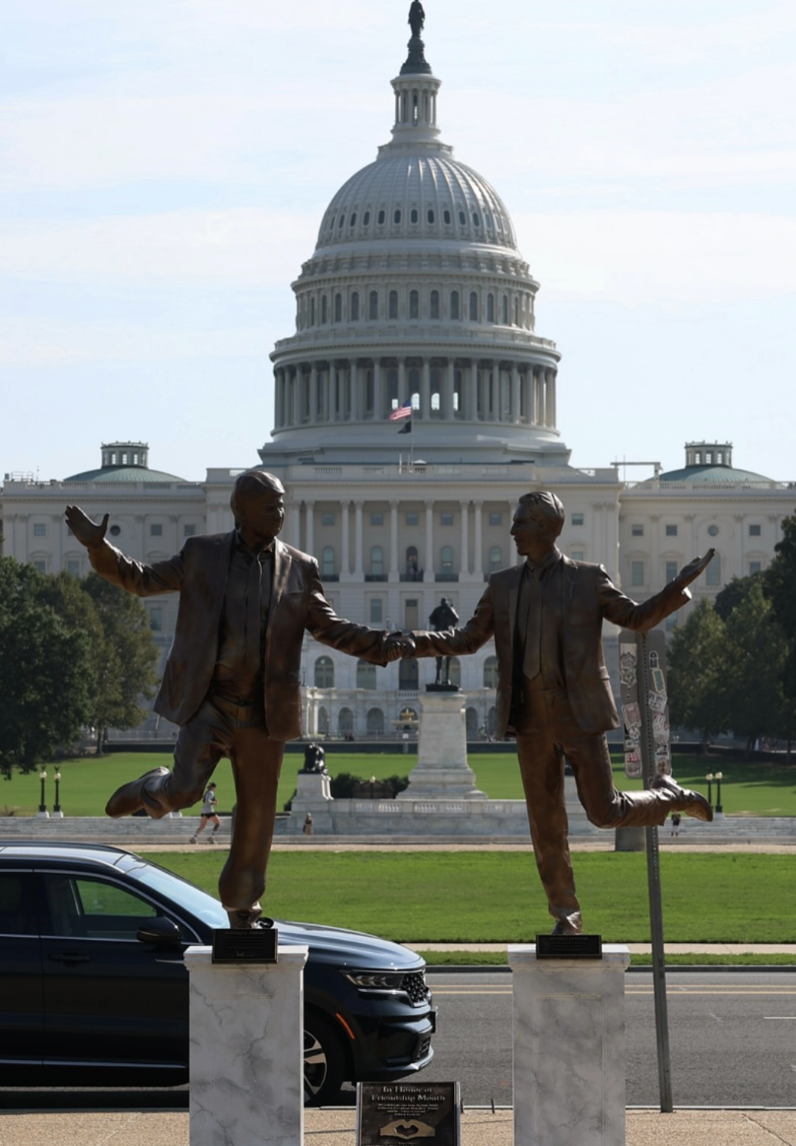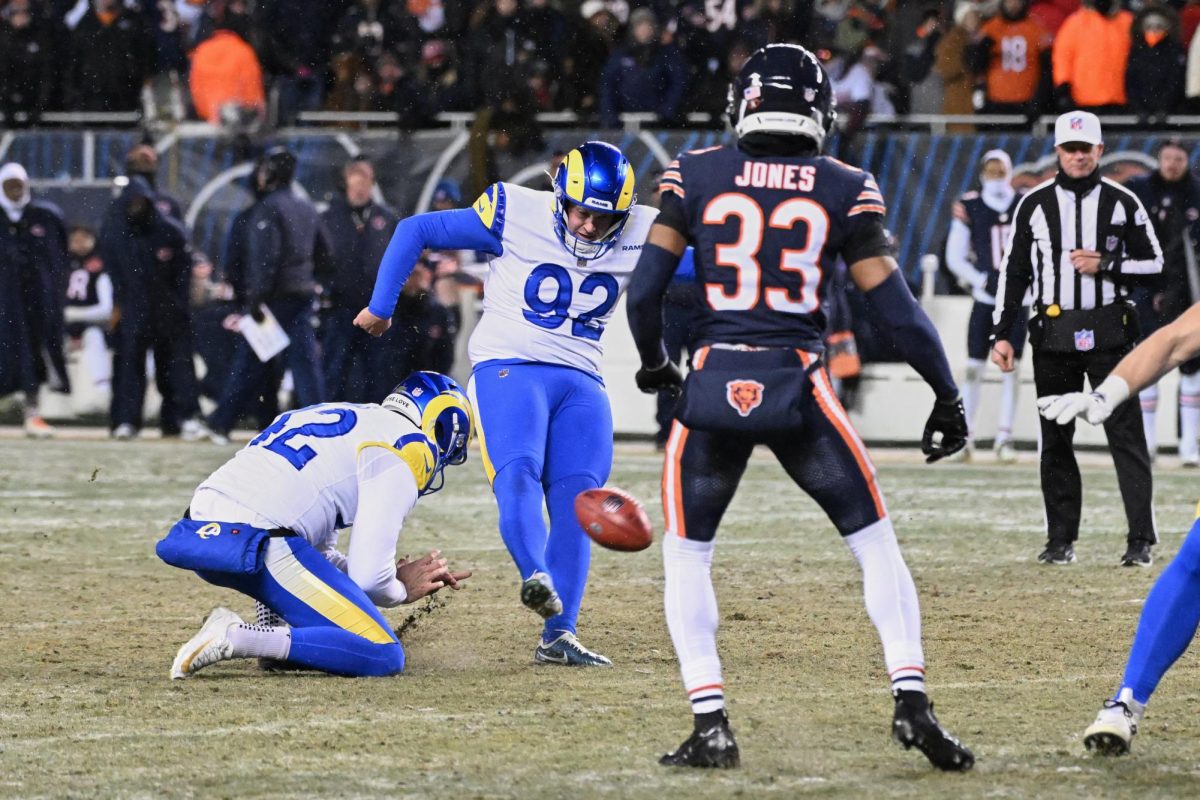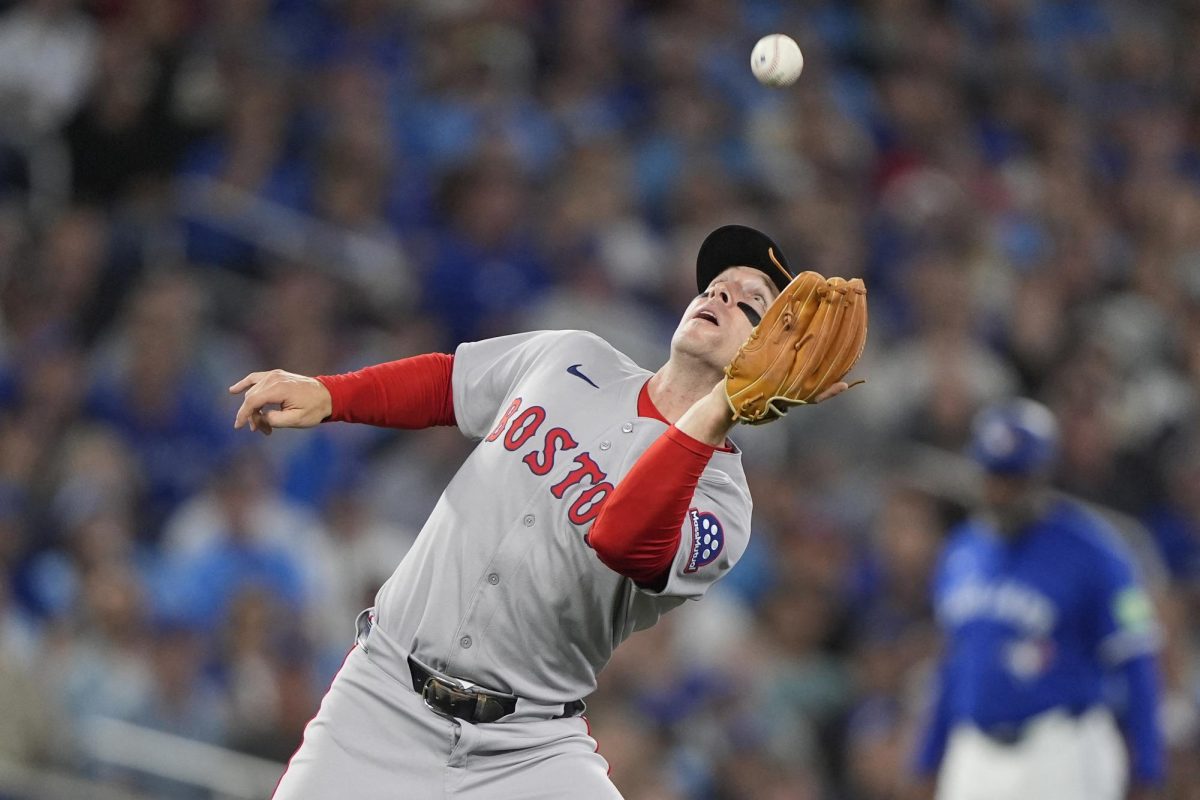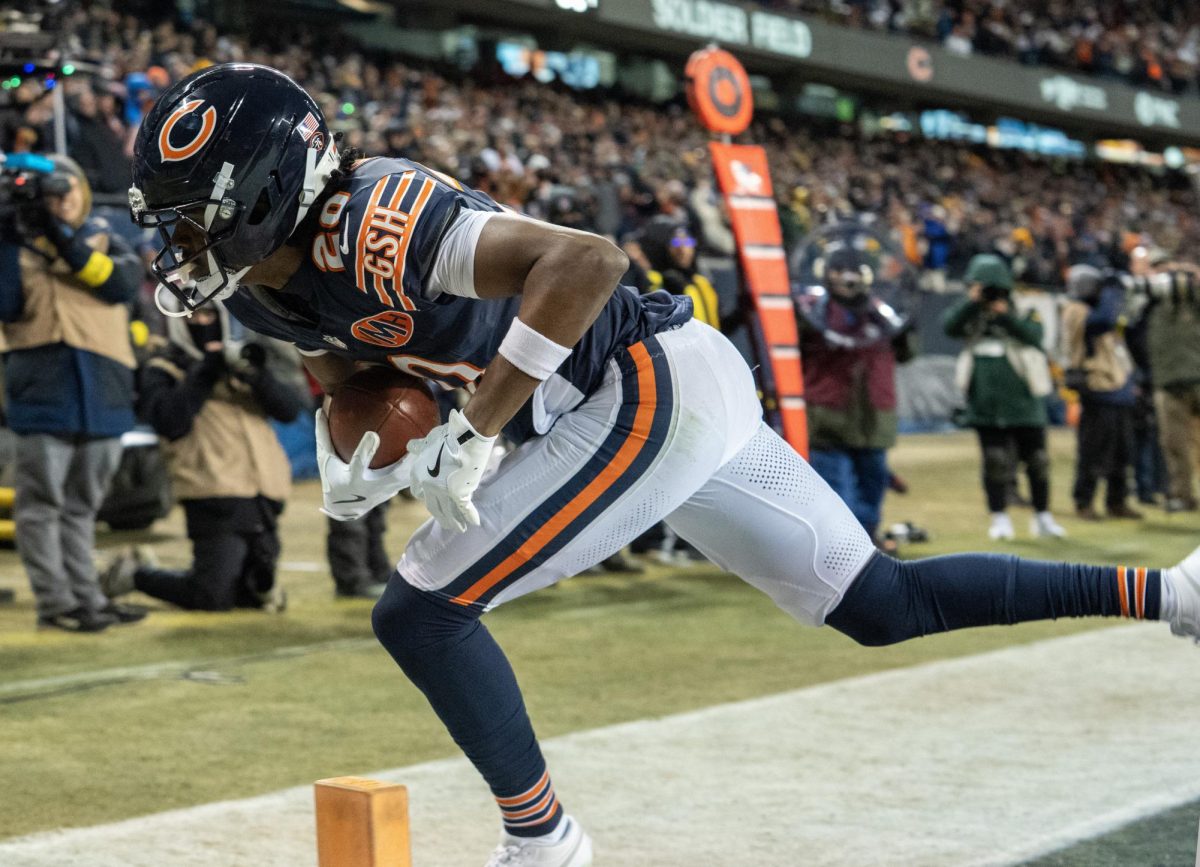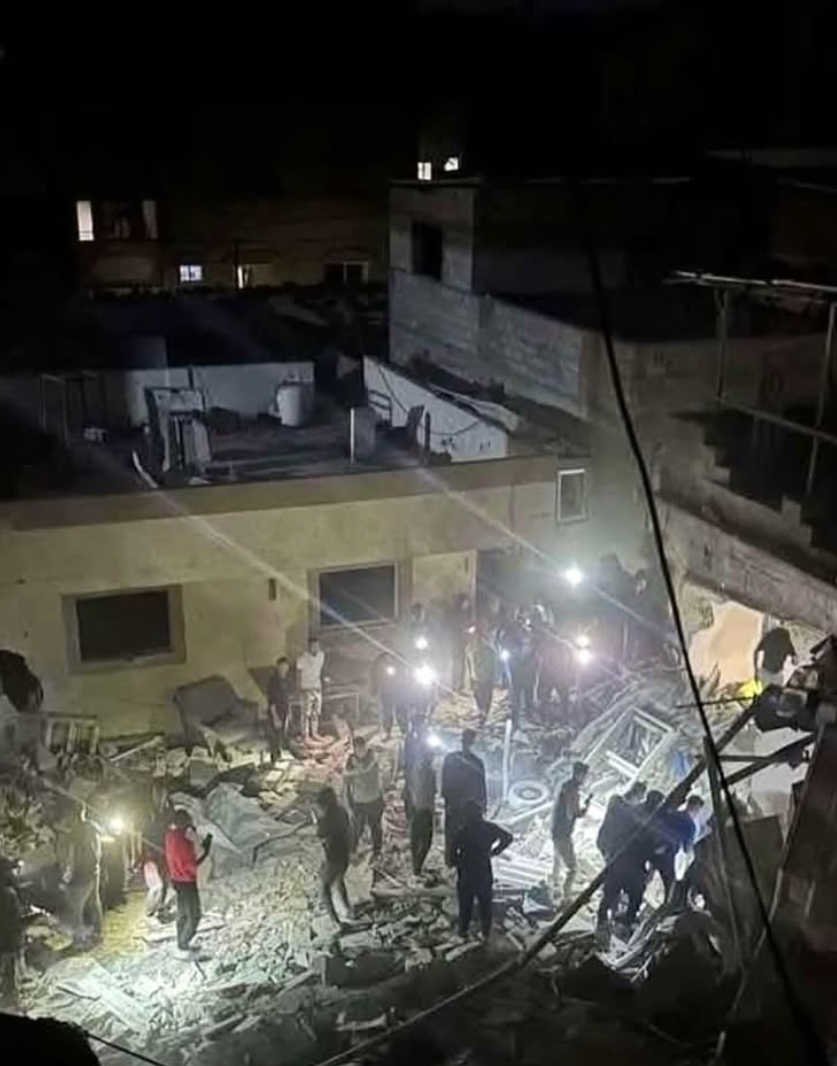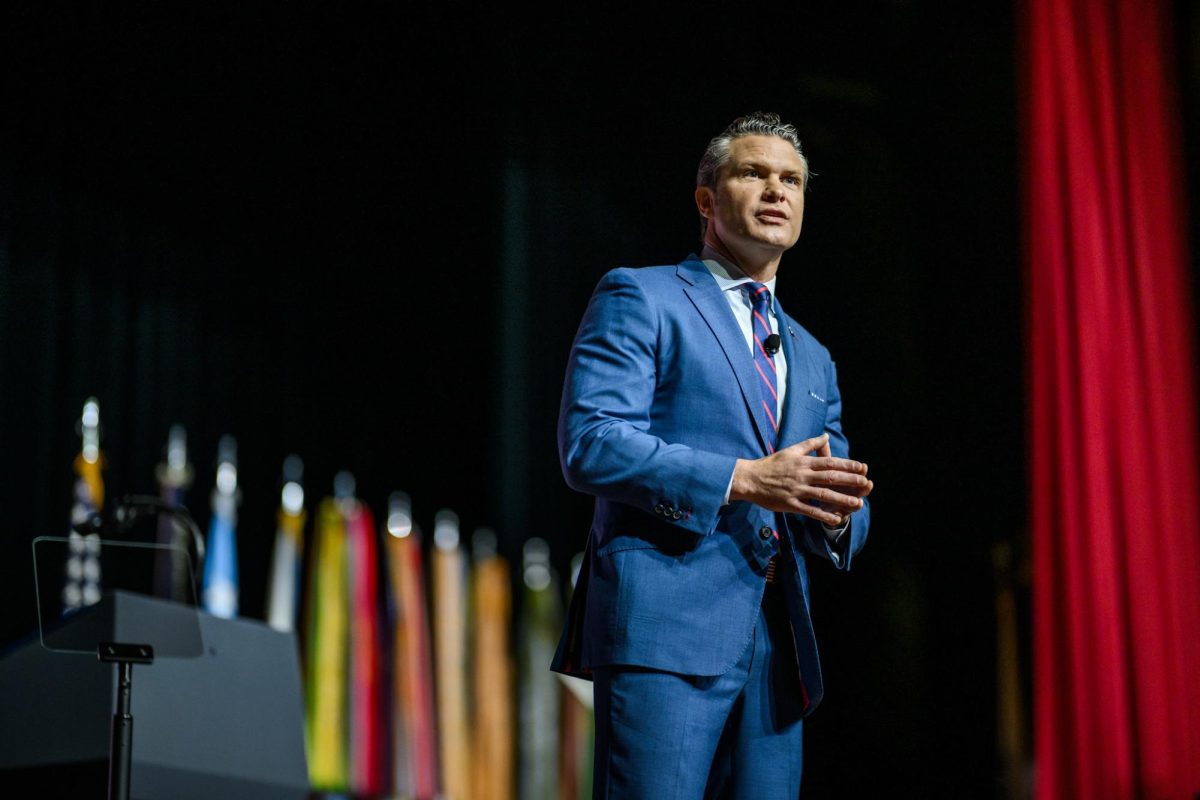Every time a mass shooting shocks an American community, many find their innate reaction being to blame someone. Whether it is guns, the shooter or anything in between, finding a factor responsible for the shooting can lessen the complex feelings from these traumatic events. In recent years especially, some of this blame has been directed towards parents, causing a new question to emerge: Can parents be responsible for their children’s gun crimes?
In February 2021, Jennifer Crumbley was found guilty of four counts of involuntary manslaughter after she purchased a gun for her son, Ethan, that he used to kill four people in a high school shooting in Oakland, Michigan. Crumble was charged because she met with her son’s school principal hours before the shooting, a meeting prompted by the shooter drawing a gun on a worksheet. The meeting abruptly ended and Crumbley refused to bring her 15-year-old son home when asked to do so. Hours later, four people were shot dead, with several more injured. As more information about the shooter and how he obtained his weapon came to light, both Jennifer and her husband James were charged with involuntary manslaughter. Due to the negligence of the school’s concern, and buying him the gun, both were then sentenced to 10–15 years in prison.
The reports that came out after the shooting painted Ethan as “always high” and “troubled.” Crumbley reportedly refused to bring her son home because she feared him being alone and hurting himself while she went to work. In addition to him being a minor, these descriptions do not support the idea that it was a morally correct decision to buy him a gun.
While positions on owning a gun are subjective, buying a gun for a known troubled individual is a bad idea. It is immoral and, perhaps, even criminal. Ethan is the one to blame for the act of the shooting, but his parents are to blame for enabling it to happen.
The Crumbleys’ prosecution was the first of its kind, but since then multiple others have occurred. In Virginia in 2020, Deja Taylor was charged and sentenced after her six-year-old son took her gun to school and shot his teacher. More recently, in Illinois, Robert Crimo Jr. was charged after he signed his gun ownership over to his 19-year-old son, who used it to shoot up the Highland Park Fourth of July parade. With the increasing number of shootings happening in the U.S, the blame factor extends beyond the shooters and reaches those who permit these crimes to happen.
In each incident of parental involvement in gun violence, the clear issue is gross negligence where the consequences are often tragic. This isn’t a question of the right to bear arms – it is a question as to being a responsible parent.
Despite differing ideas as to what is just to prosecute when it comes to parents’ involvement and sentencing with gun violence, in certain cases there is nobody else to blame but the parents. Taylor claimed she was struggling with a marijuana addiction and her mental health. Crumbley claimed they had “lost everything” and was engaged in an affair, stating she was not concentrating on her son. In other child neglect cases, these statements would be seen as excuses. What is the difference when it comes to guns? Child neglect is an inexcusable act, but that general consensus appears to drift when it contains this harrowing topic.
As the number of casualties resulting from gun violence proliferates each day, a deeper insight has to be taken to learn why these individuals are obtaining guns in the first place. Sane people do not shoot up schools, or parades, or persons at all. If part of the problem is that parents are too consumed with their own lives to look after their own children, blame then needs to be given to those whose inadvertence takes the lives of others.


